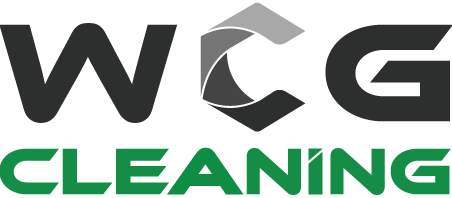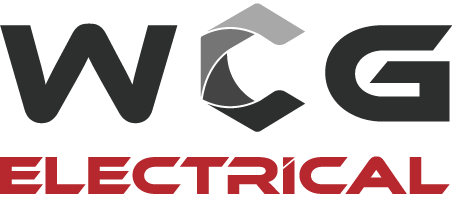
In today’s dynamic world, safeguarding our homes and businesses is paramount. A comprehensive security system not only protects our valuable assets but can also lead to financial benefits through reduced insurance premiums. In this article, we’ll delve into the effectiveness of security systems for insurance purposes, highlighting how these proactive measures can lead to lower premiums while fortifying your peace of mind.
Understanding the Connection: Security Systems and Insurance Premiums
The insurance landscape has evolved significantly in recent years. Insurers recognize that proactive steps to mitigate risks can translate into fewer claims and lower payouts. As a result, policyholders who invest in robust security systems often find themselves eligible for reduced insurance premiums.
The Impact of Security Systems on Risk Assessment
Insurance companies assess risk factors when determining policy premiums. Properties with enhanced security systems are inherently less susceptible to theft, vandalism, and other risks. The presence of security measures demonstrates a commitment to safeguarding the insured property, leading insurers to view such properties as having lower risks.
Types of Security Systems that Impact Premiums
Various security systems can influence insurance premiums positively. Consider these types of systems:
Burglar Alarms: These audible or monitored alarms are triggered by unauthorized access. They act as an effective deterrent against break-ins, reducing the likelihood of theft-related claims.
Surveillance Cameras: CCTV cameras provide real-time monitoring and evidence collection. They contribute to crime prevention, aiding law enforcement and insurers in the event of an incident.
Access Control Systems: These systems restrict entry to authorized personnel only. They reduce the risk of internal theft and unauthorized access, minimizing insurance vulnerabilities.
Fire and Smoke Alarms: Effective fire detection systems lower the risk of fire-related damage. Prompt alerts and swift responses contribute to reduced fire-related claims.
Benefits Beyond Cost Reduction
While the financial benefits of reduced insurance premiums are compelling, security systems offer broader advantages:
Peace of Mind: Knowing that your property is well protected offers priceless peace of mind. Feeling secure in your space enhances your quality of life.
Swift Response: Advanced security systems trigger rapid alerts to you, security personnel, or law enforcement, ensuring immediate action in case of an emergency.
Deterrence: The mere presence of visible security measures can deter criminals from attempting unauthorized access, enhancing safety for you and your neighbors.
Maximizing Insurance Savings: Key Considerations
To fully capitalize on the potential for reduced insurance premiums, keep these considerations in mind:
Quality Matters: Invest in reputable security systems that are professionally installed and maintained. Reliable systems maximize effectiveness and earn trust with insurers.
Documentation: Keep thorough records of your security system installation, maintenance, and updates. This documentation can bolster your case for reduced premiums.
Insurance Provider Communication: Discuss your security measures with your insurance provider. They can provide insights into specific security systems that are eligible for premium reductions.
Conclusion: A Holistic Approach to Security and Savings
Investing in a robust security system is a strategic move that yields both immediate and long-term benefits. By enhancing the safety of your property, you not only protect your valued belongings but also position yourself for lower insurance premiums. Embrace security as a proactive approach to risk management, and watch as your financial burden lightens while your peace of mind deepens.
As Australia’s communities embrace security systems, homes and businesses stand united in their commitment to safety, effectively reducing risks and enjoying well-earned savings on insurance premiums.






